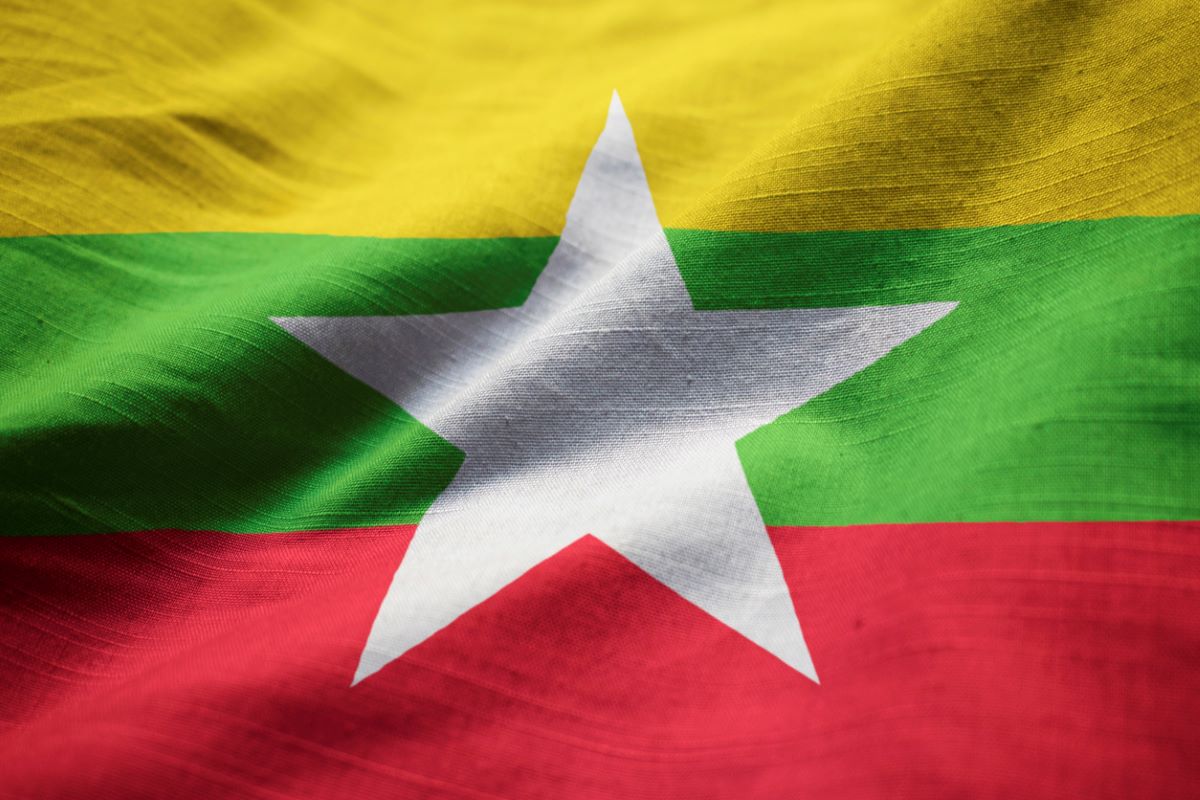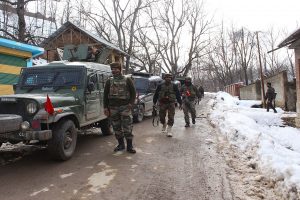Man’s inhumanity to man is in evidence once again. Reports of an airstrike carried out by Myanmar’s military rulers on those opposed to the regime on Tuesday suggest that at least 53, and possibly up to a hundred people have been killed and dozens injured. The airstrikes on a meeting in Sagaing province of a local people’s defence force set up to overthrow the military regime were from all accounts brutal. Eyewitnesses said Myanmarese air force planes first dropped bombs on the gathering, and were followed by attack helicopters that strafed survivors with brutal gunfire. The people had gathered for the inauguration of an administration building of the people’s group, and included women and children who had been invited for refreshments. So brutal was the attack that it was not possible to identify the victims, eyewitnesses said, with the area strewn with body parts. While rescuers were tending to the injured, a second attack was launched, according to reports.
The junta has faced widespread protests after it seized power in a coup in early 2021, when it dislodged duly elected members of the National League for Democracy and imprisoned its leader Aung San Suu Kyi. The protests were initially peaceful and were aimed at restoration of the results of the election held in November 2020. But later, as other groups that seek an end to military rule joined the battle, they turned violent. The response from the military has been brutal and nearly 2,000 civilians have been killed. Before the coup, the Saigang region close to Mandalay had been largely peaceful, but has in recent months offered some of the stiffest resistance to the military.
Advertisement
The junta admitted it had launched the airstrikes, but claimed it had targeted terrorists, not civilians. The civilian casualties, according to a military spokesman, occurred because the terrorists had stockpiled ammunition at the site. The junta has frequently deployed air power to target its opponents, and has managed to get away with such brutal displays of power because the international community’s attention is focused elsewhere. Sanctions on the junta have been ineffective, because the three actors in the neighbourhood who might be able to influence the course of events have failed to do so. China supports the military regime and hence refuses to intervene despite Chinese warplanes being used to kill civilians.
The Association of Southeast Asian Nations, of which Myanmar is a member, has been leaden-footed in its approach to the crisis gripping the country. And India, concerned that support for pro-democracy forces might push the military into Beijing’s lap, has largely been ambivalent. While Western nations, and international agencies including the UN, the EU and Amnesty International, have protested, some even calling for a ban on sale of Aviation Turbine Fuel to Myanmar, these have been ineffectual. There seems no end in sight to the suffering of the people of Myanmar.











